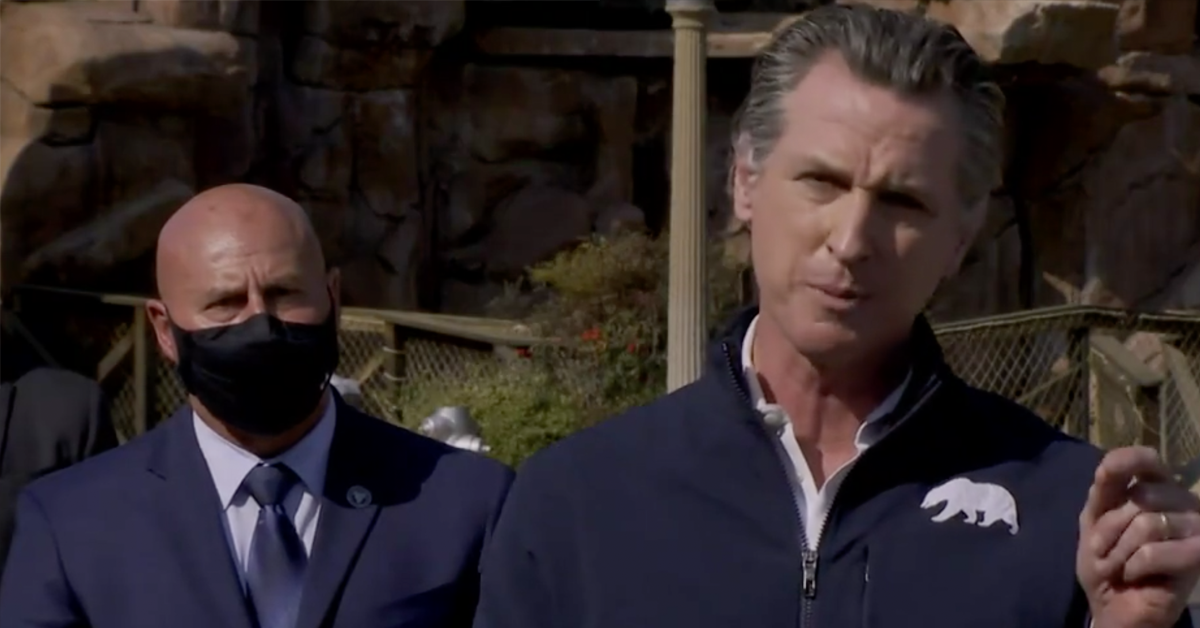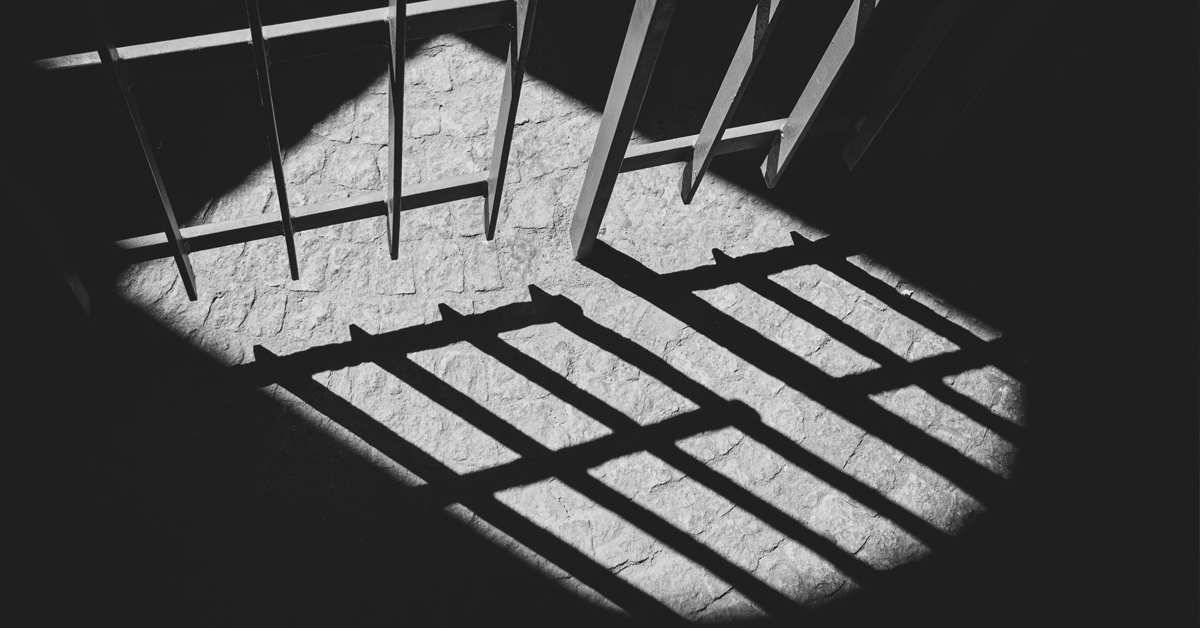A showdown over the Federal government’s ability to outsource detention facilities of illegal immigrants was on full display before the San Francisco-based Ninth Circuit Court of Appeals on Monday.
Central to the battle, Assembly Bill 32, a 2019 California state law that banned the operation of private detention facilities within the state along with the Federal government’s ability to contract with private prison providers that house immigrants within the Golden State.
Representatives from the U.S. Justice Department argued on behalf of the Federal government alongside the nation’s top Immigrations and Customs Enforcement detention contractor, the GEO Group.
One such facility at stake in the suit, operated by the GEO Group, is the Mesa Verde ICE Processing Facility in Bakersfield. The facility also has an annex, formerly a pair of former McFarland-based California State Prison facilities.
Justice Department lawyers argued that upholding the California law’s ban on Federal immigration facilities run by private operators opens the door to states across the nation undermining core Federal functions via legislative nullification.
“If we picture various states throughout the country deciding for various public policy reasons that they’re going to — maybe not even as extreme as this but — make it difficult or impossible for the federal government to contract to perform its operations, the full extent of that would be extraordinary,” Justice Department attorney Mark Stern said.
Stern noted that the set-up proposed by California has never been upheld in any other form or fashion.
Last fall, a San Diego-based U.S. District Court judge upheld the AB32 ban on private ICE facilities last fall, finding California’s argument that Congress intended for private contractors to build detention facilities rather than operate them on behalf of ICE.
While Federal and GEO Group lawyers argued that the law undermines Federal functions, lawyers with the California Department of Justice – along with Obama-era appointees on the bench – pointed to the state’s policy purpose in enacting the law: using police power to protect the health and safety of immigrant detainees.
However, Michael Kirk, an attorney for the GEO Group, doubled down on claims issued by the U.S. Department of Justice.
“Under California’s theory, the state could block immigration detention altogether by prohibiting persons who live in the state from working at an immigration detention facility,” Kirk said. “Any federal policy the state disagrees with can be effectively blocked under California’s theory by prohibiting persons who live in the state from facilitating it.”
During Monday’s virtual court hearing, GEO Group attorney Michael Kirk of Cooper & Kirk said under Ninth Circuit and Supreme Court precedent, state laws which obstruct or burden a “federal function” by regulating performance of a contract are unconstitutional, regardless of whether the statute is discriminatory against the federal government or not.
But U.S. Circuit Judge Mary H. Murguia, a Barack Obama appointee, pushed back against that assertion, claiming AB 32 is “something rather different.”
“The state seems to be doing it under their inherent police power to control the health and safety in their state,” Murguia said.
But Kirk argued “there’s no stopping point to the state’s theory” in support of its private prison ban.
“Under California’s theory, the state could block immigration detention altogether by prohibiting persons who live in the state from working at an immigration detention facility,” Kirk said. “Any federal policy the state disagrees with can be effectively blocked under California’s theory by prohibiting persons who live in the state from facilitating it.”
The court took the matter under submission in advance of a ruling.









